Mr. Tran Dang Hoa, Chairman ofFPT Semiconductor, shared that there were FPT employees who tattooed chips on their bodies to show their determination to make chips for Vietnam. That is the spirit and belief that Vietnam has an opportunity on the world chip map.
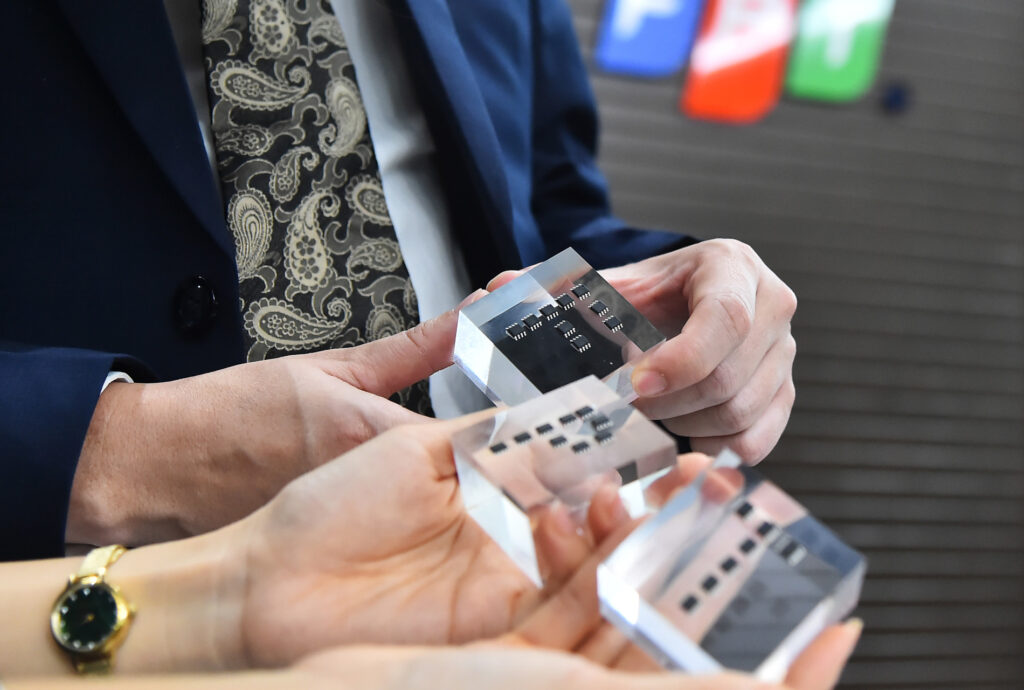
FPT Semiconductor has a team of staff with national aspirations and a desire to make chip products Made in Vietnam. Photo: TK
Sharing at the talk about "Vietnamese Chip Journey", Ms. Nguyen Thi Thu Giang, General Secretary of the Vietnam Software and IT Services Association (Vinasa) said that Vietnam has about 5,000 to 6,000 people working in this field. The demand for semiconductor human resources is very large, but currently each university has about a few dozen students. This is a rather difficult question for Vietnam if each group and enterprise does not have connections with each other. “More than 20 years ago, Vinasa worked together to build a developing software industry. Vinasa was established when the software industry had a revenue of less than 50 million USD, was too small in scale and could not be considered an industry. Currently, with the semiconductor industry, we should not do it alone, we need to gather forces, because the number of Vietnamese people working in semiconductors around the world is very large. We all build a new industry for the country, we can stand on the shoulders of giants to do it. We have the aspiration, the human resources, and are willing to learn to work with major countries in the world,” said Ms. Nguyen Thi Thu Giang. Mr. Tran Dang Hoa, Chairman of FPT Semiconductor, said that 10 years ago, FPT provided IT services for international chip companies. When there was a global semiconductor race between the US and China, FPT saw the market opportunity and had the capacity to supply, so it established FPT Semiconductor with orders and focused on power chip design in the immediate future. To describe the semiconductor chip journey, Mr. Tran Dang Hoa, Chairman of FPT Semiconductor, presented 3 circles: the first is the digital economic circle. The second circle within the digital economy is electronic devices and the innermost core, and the third circle is semiconductor chips. If Vietnam wants to develop the digital economy and the electronics industry, developing the semiconductor industry is the most important thing. Mr. Hoa cited that in recent years, when China has made great progress in chip research and production, it is increasingly competing with other countries, especially the US. The US recognized this problem, so it put up barriers and the Chip Act was born, which is also an opportunity for Vietnam to participate in the core circle to make chips. “When talking about chips, there are three components. The design part has two parts: people or design tools (tools and IP). Currently, the US controls the tools and IP, and does not allow Chinese engineers to do it. Regarding production with nanotechnology, photolithography machines and materials are required, both of which are controlled by the US. The third part is packaging and testing. Vietnam has not participated in the second stage, because to produce, it requires large investments, on a scale of billions of USD. Currently, Vietnam has about 50 chip design companies, mainly foreign companies recruiting Vietnamese personnel. Among those design companies, FPT Semiconductor mainly needs people and tools. Vietnam is currently allowed to buy tools to do it and the demand for personnel will increase very high. 20 years ago, Vietnam built the software industry from scratch, but the semiconductor sector now has many overseas Vietnamese who can contribute to training several batches of students to become engineers at the same level as the world and this is an opportunity for Vietnam,” said Mr. Hoa. When designing chips, people are an important factor. However, foreign enterprises are also thirsty for semiconductor human resources, so when they enter Vietnam, there are many policies to attract talent with very high salaries. However, FPT "goes on both legs" to provide services for customers, so it has the opportunity to recruit and train people for customers to supplement its workforce and recruit for itself. "Regarding chip design, FPT Semiconductor has a dedicated staff, they have a great national aspiration, a great desire to make products Made in Vietnam. There are even people who have tattoos on their bodies of chips and the slogan of determination to make Vietnamese products. They are the team leading the next generation. We also have a team of overseas Vietnamese staff and experts, and income is not their problem. They are willing to work and lead the younger generation to make chips. In the case of those who are working at FPT Semiconductor and want to go to work for other companies, that's fine. Our point of view is that wherever we go, we are working for Vietnam," Mr. Tran Dang Hoa shared.Thai Khang
Source: https://vietnamnet.vn/nhan-vien-fpt-xam-hinh-chip-len-nguoi-de-quyet-tam-lam-chip-cho-viet-nam-2286355.html


![[Photo] General Secretary To Lam attends the 80th anniversary of Vietnam's diplomacy](https://vstatic.vietnam.vn/vietnam/resource/IMAGE/2025/8/25/3dc715efdbf74937b6fe8072bac5cb30)





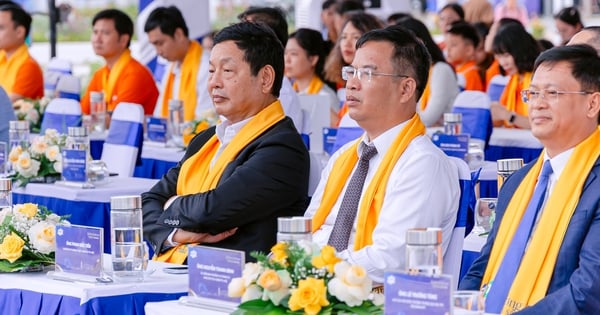



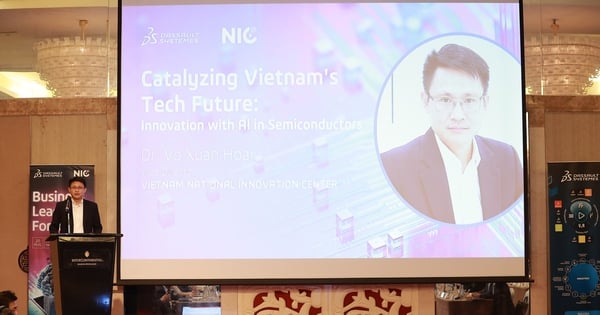


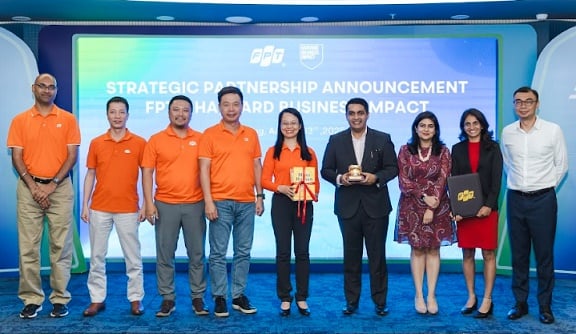

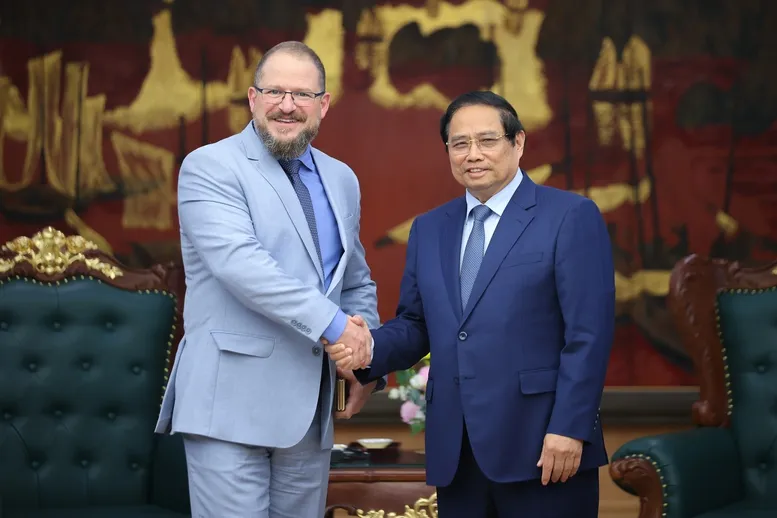





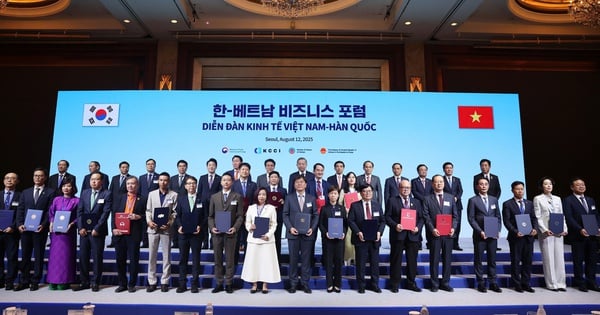

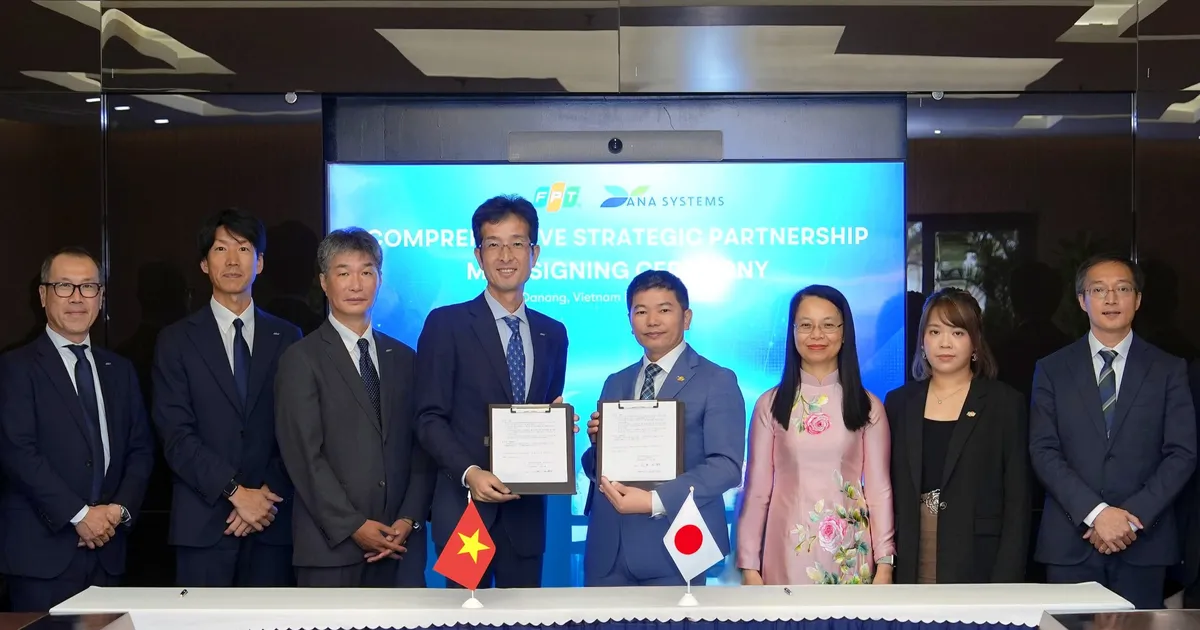


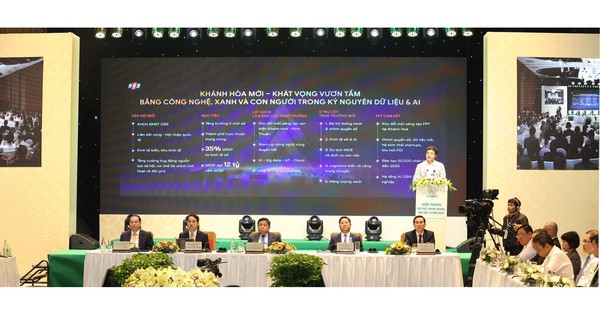

























































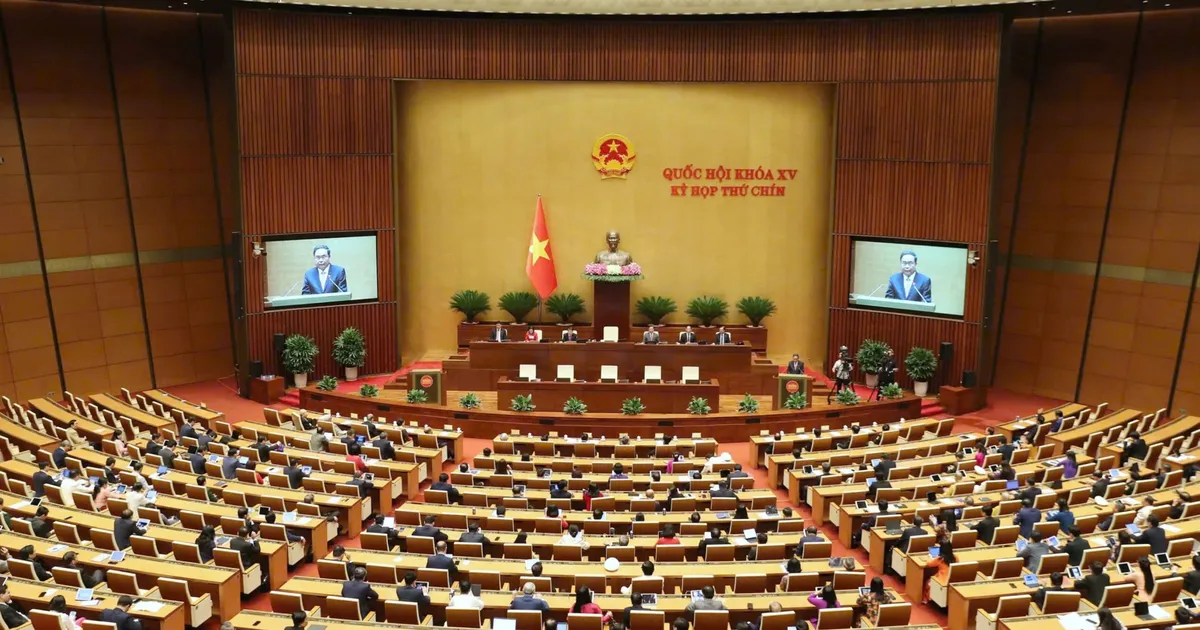
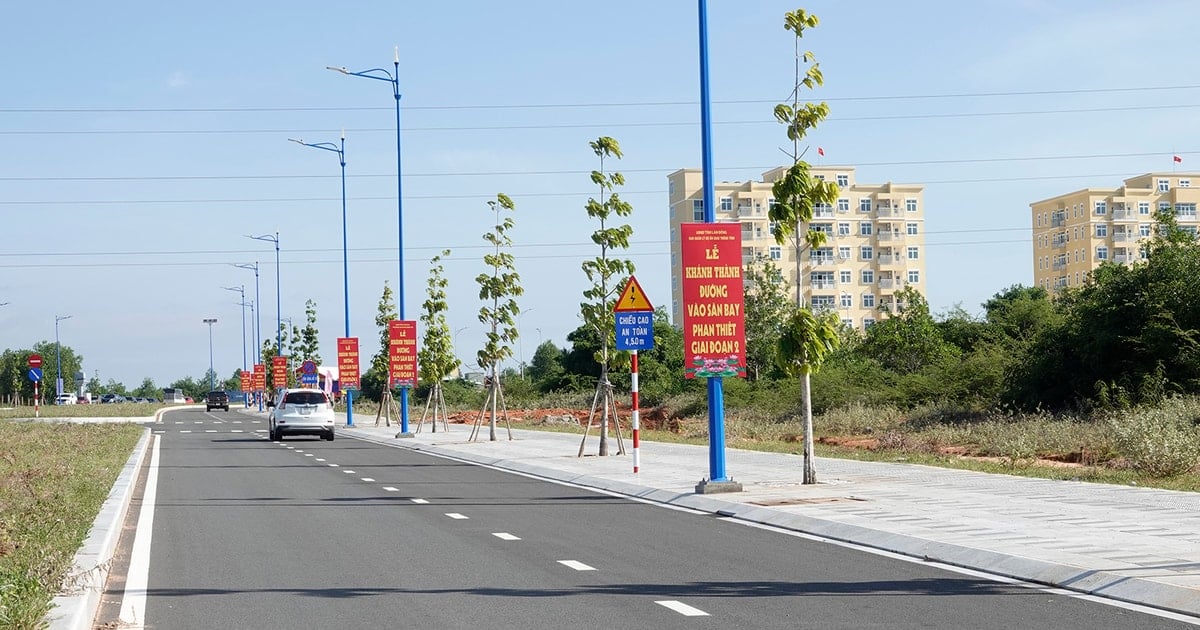



















Comment (0)